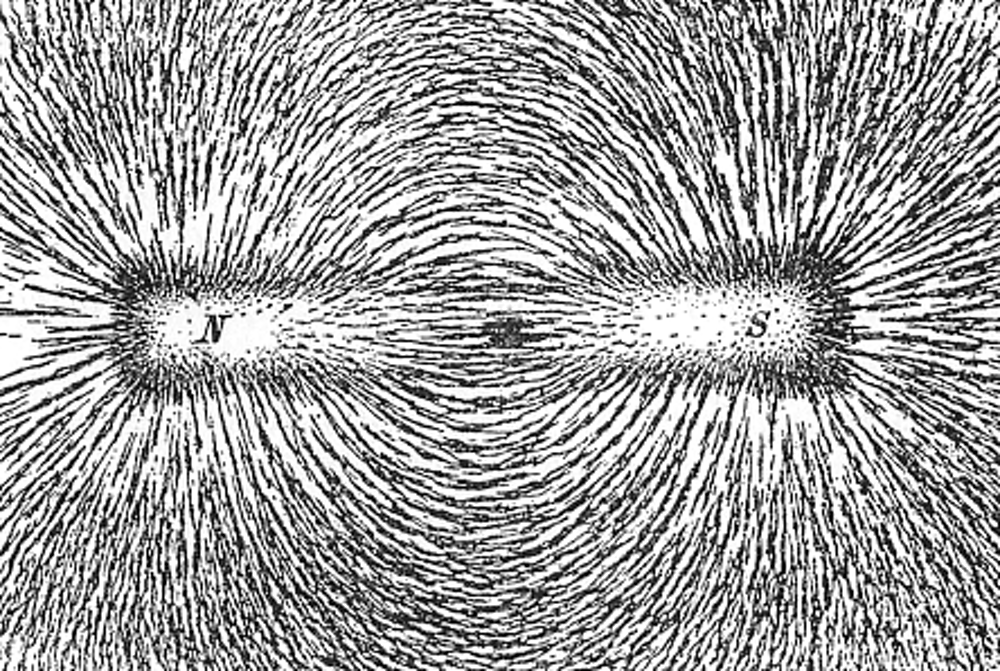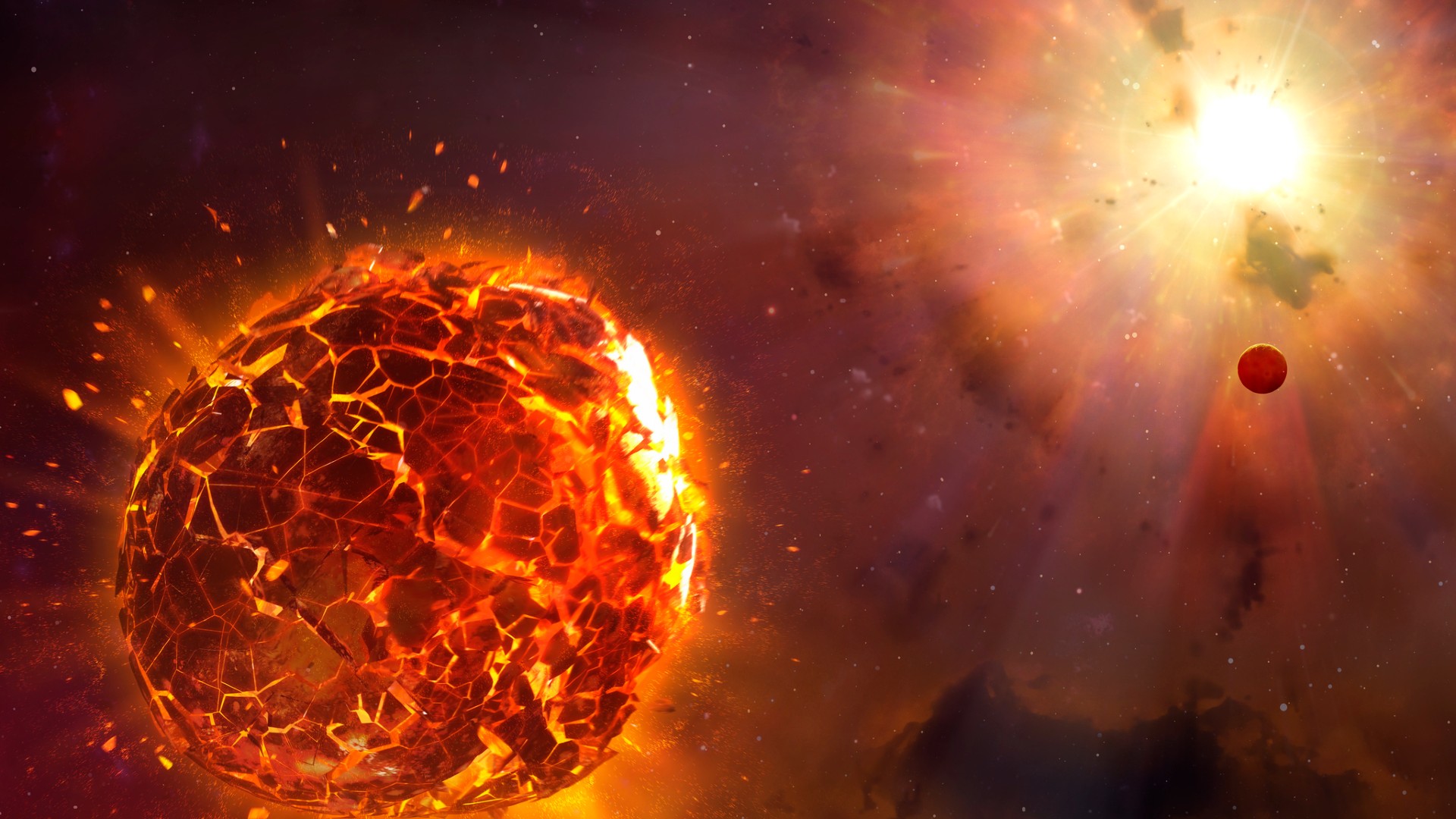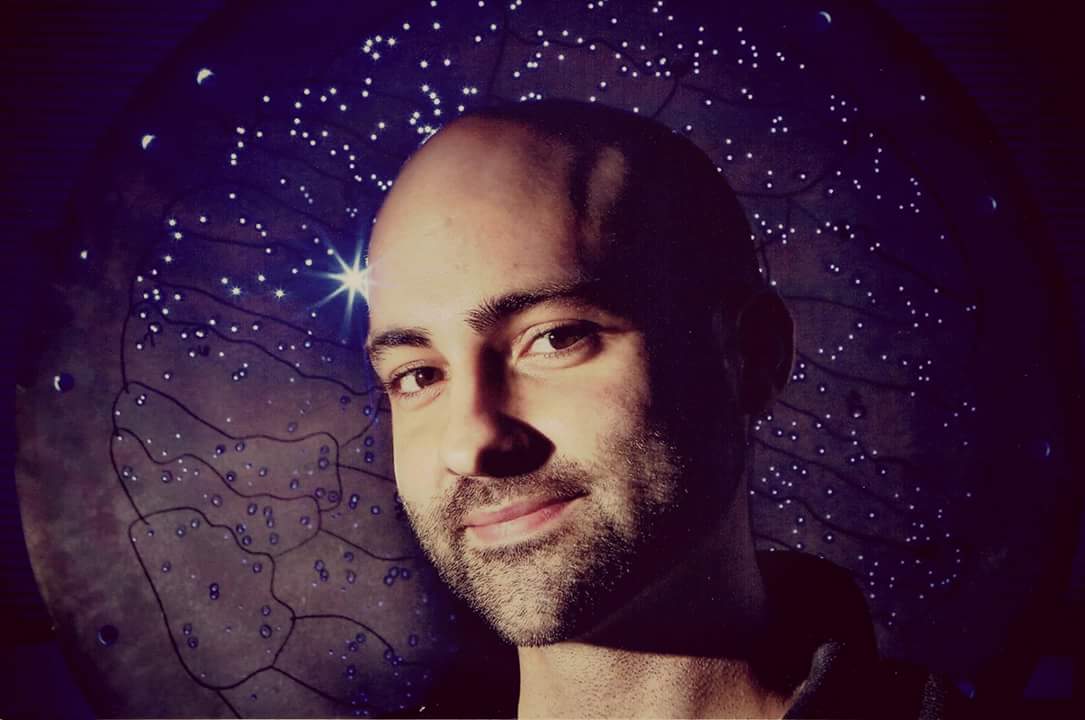
Paul Sutter
Paul M. Sutter is an astrophysicist at SUNY Stony Brook and the Flatiron Institute in New York City. Paul received his PhD in Physics from the University of Illinois at Urbana-Champaign in 2011, and spent three years at the Paris Institute of Astrophysics, followed by a research fellowship in Trieste, Italy, His research focuses on many diverse topics, from the emptiest regions of the universe to the earliest moments of the Big Bang to the hunt for the first stars. As an "Agent to the Stars," Paul has passionately engaged the public in science outreach for several years. He is the host of the popular "Ask a Spaceman!" podcast, author of "Your Place in the Universe" and "How to Die in Space" and he frequently appears on TV — including on The Weather Channel, for which he serves as Official Space Specialist.
Latest articles by Paul Sutter
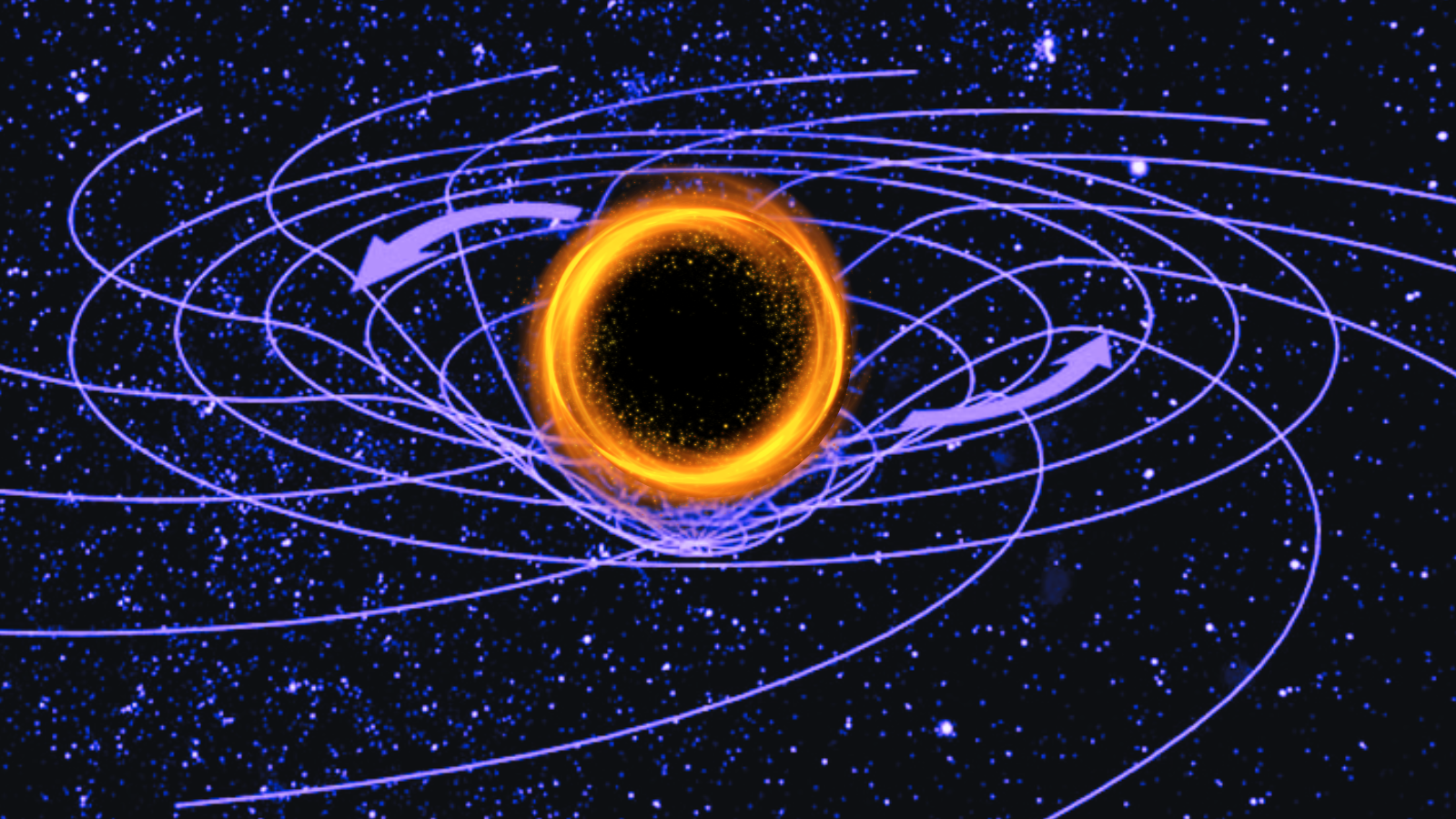
What is dark matter made of? New study bolsters case for 'primordial' black holes
By Paul Sutter published
In the early universe, primordial black holes could acquire a "dark charge," giving them an unnaturally long lifetime, new research suggests. This makes them an interesting candidate for dark matter.
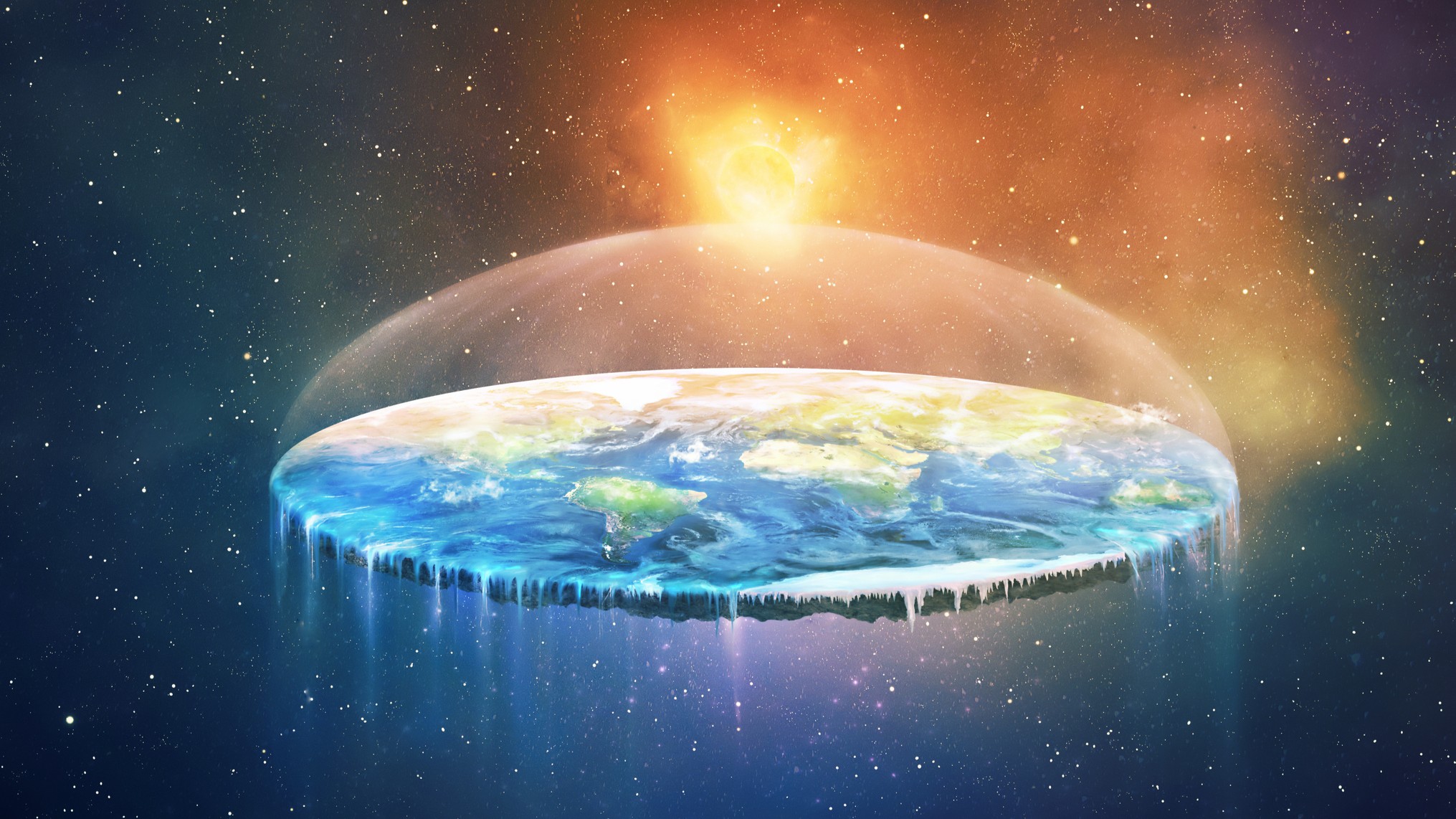
How to debate a flat-Earther: Proven scientific arguments and strategies
By Paul Sutter last updated
Some people around the world believe our planet is flat. Here's the (surprising) truth about debating them.
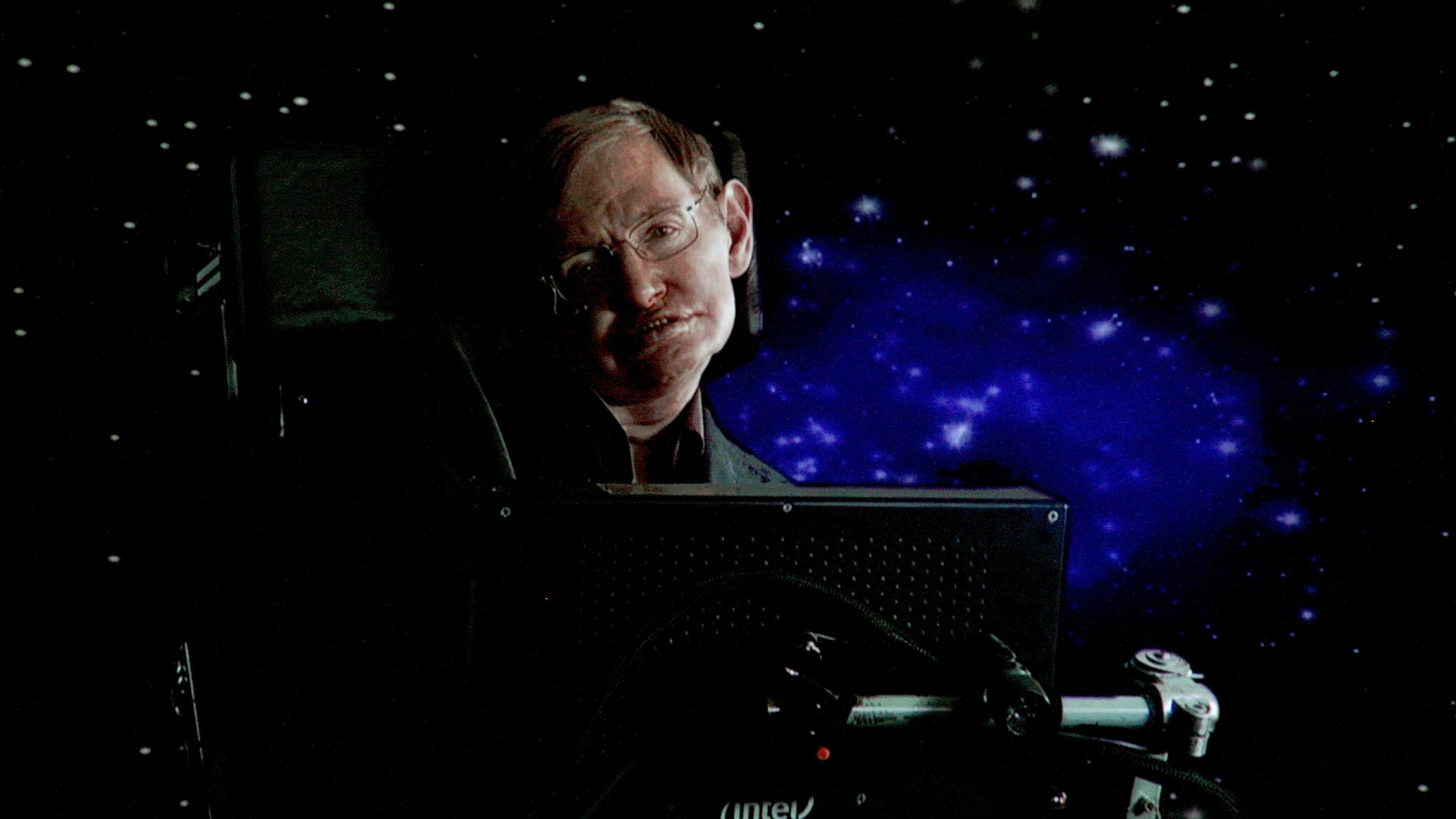
What were Stephen Hawking's greatest contributions to science?
By Paul Sutter published
Famed physicist Stephen Hawking took gravity to its ultimate limits. In doing so, he made a number of significant advancements in our understanding of black holes, cosmology and quantum gravity.
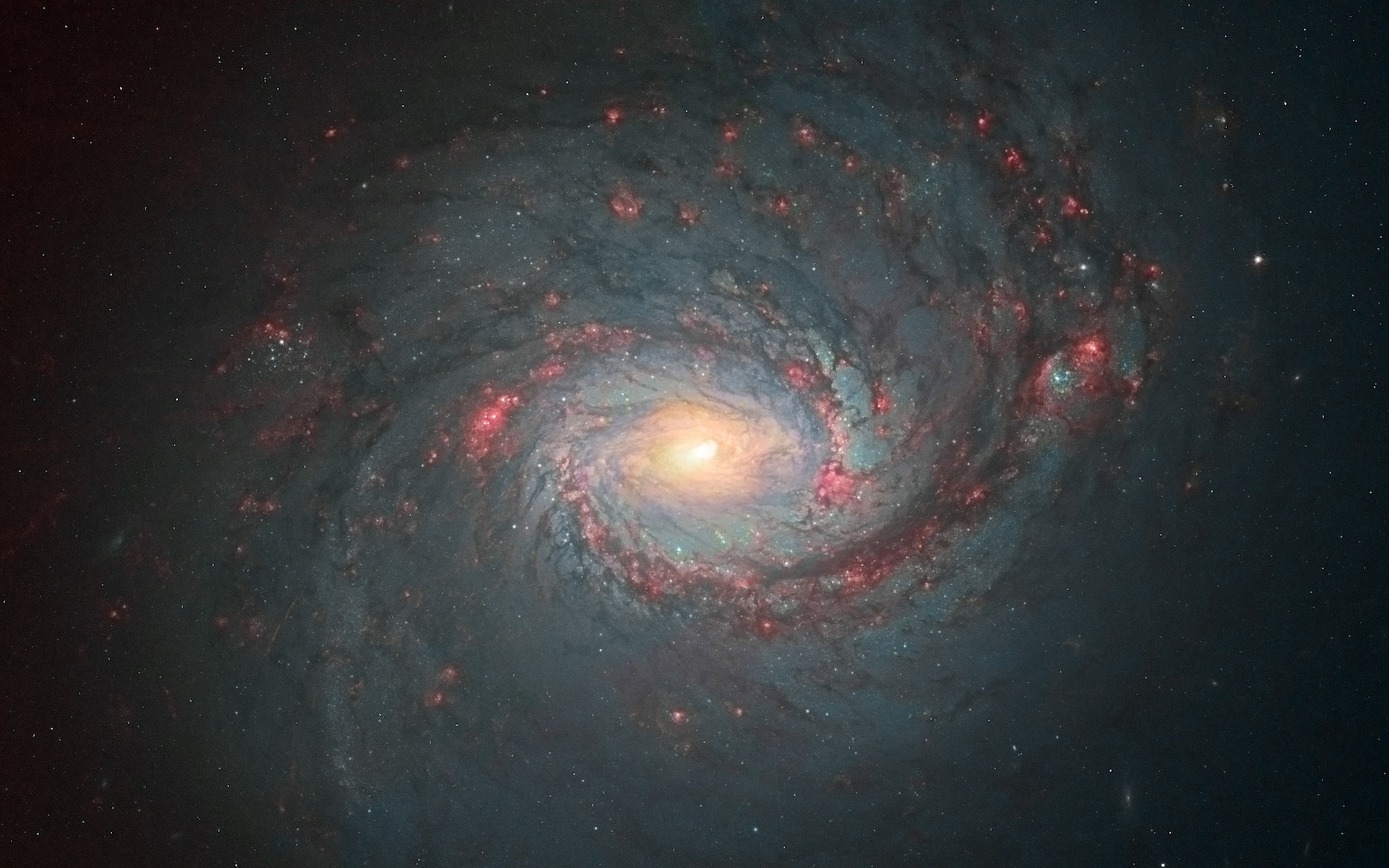
How do spiral galaxies get 'feathers'? All it takes is a little gravity
By Paul Sutter published
For over a century, astronomers have marveled at the beauty and complexity of spiral galaxies, which feature arms covered in a multitude of small-scale features known as feathers.
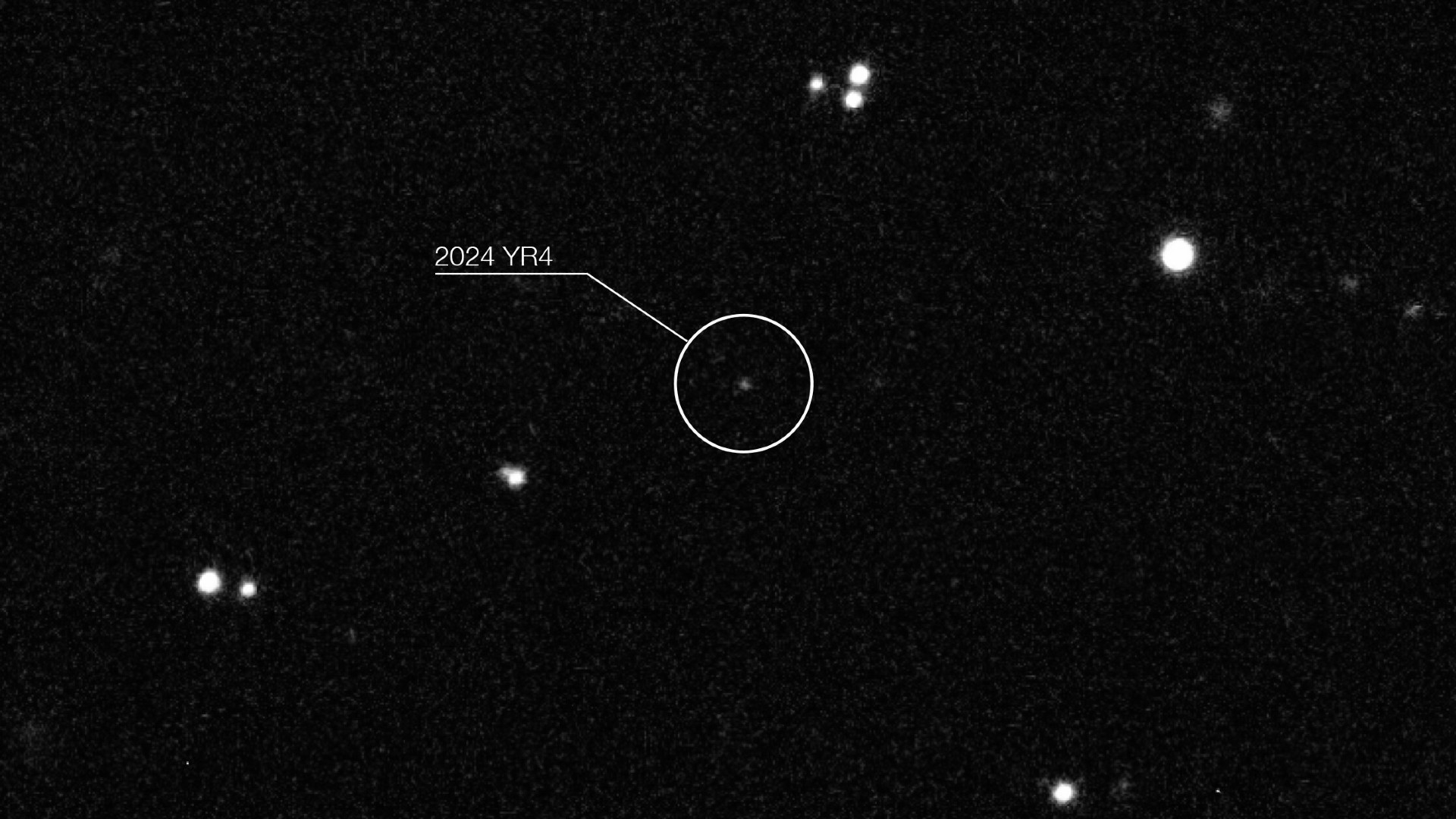
Asteroid 2024 YR4 no longer threatens to hit Earth, but we can still hit it — for science!
By Paul Sutter published
Despite a brief panic, asteroid 2024 YR4 isn't likely to hit us anytime soon, but we can still study the asteroid up close to help us understand these space rocks.
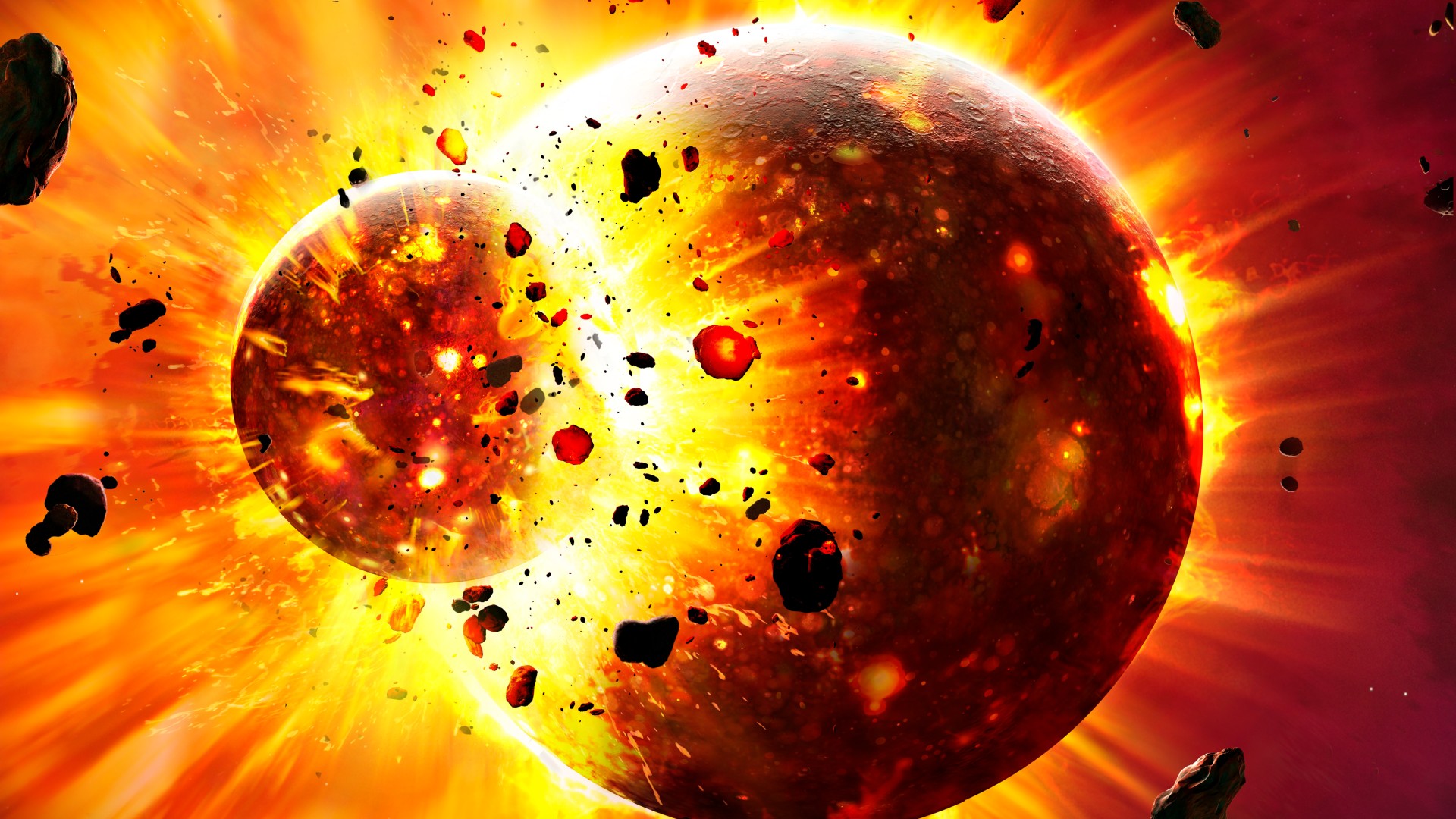
How did Earth get such a strange moon? Exploring the giant impact theory
By Paul Sutter published
The moon is unlike anything else in the solar system. So how did our planet end up with such a special moon?

30 years after warp drives were proposed, we still can't make the math work
By Paul Sutter published
To construct a warp drive, we would need negative mass, which doesn't appear to exist in the universe and would violate everything we know about motion, momentum and energy.
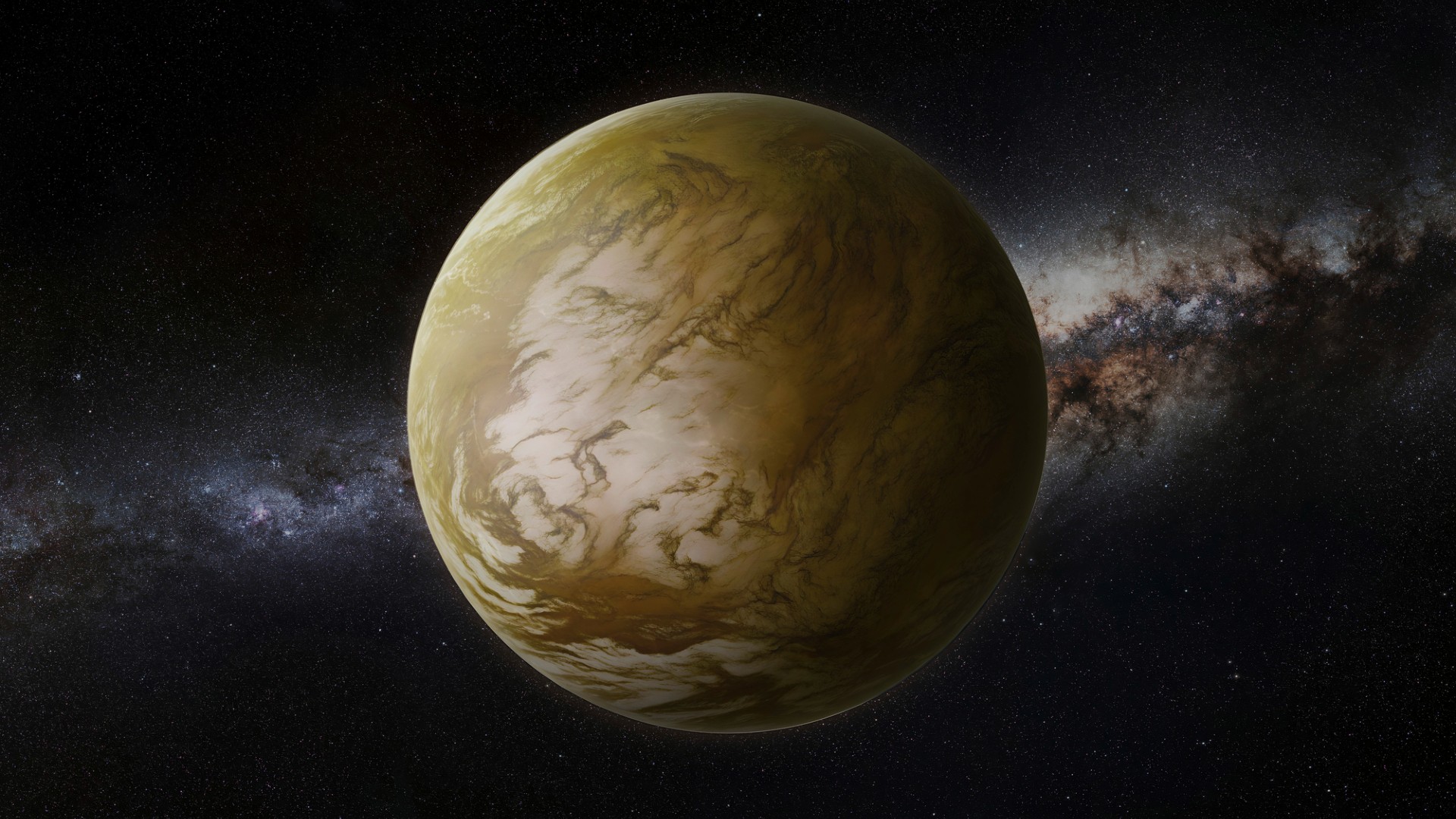
What's that smell? Astronomers discover a stinky new clue in the search for alien life
By Paul Sutter published
Astronomers have discovered that sulfur may be a key to helping us narrow down our search for life on other planets.
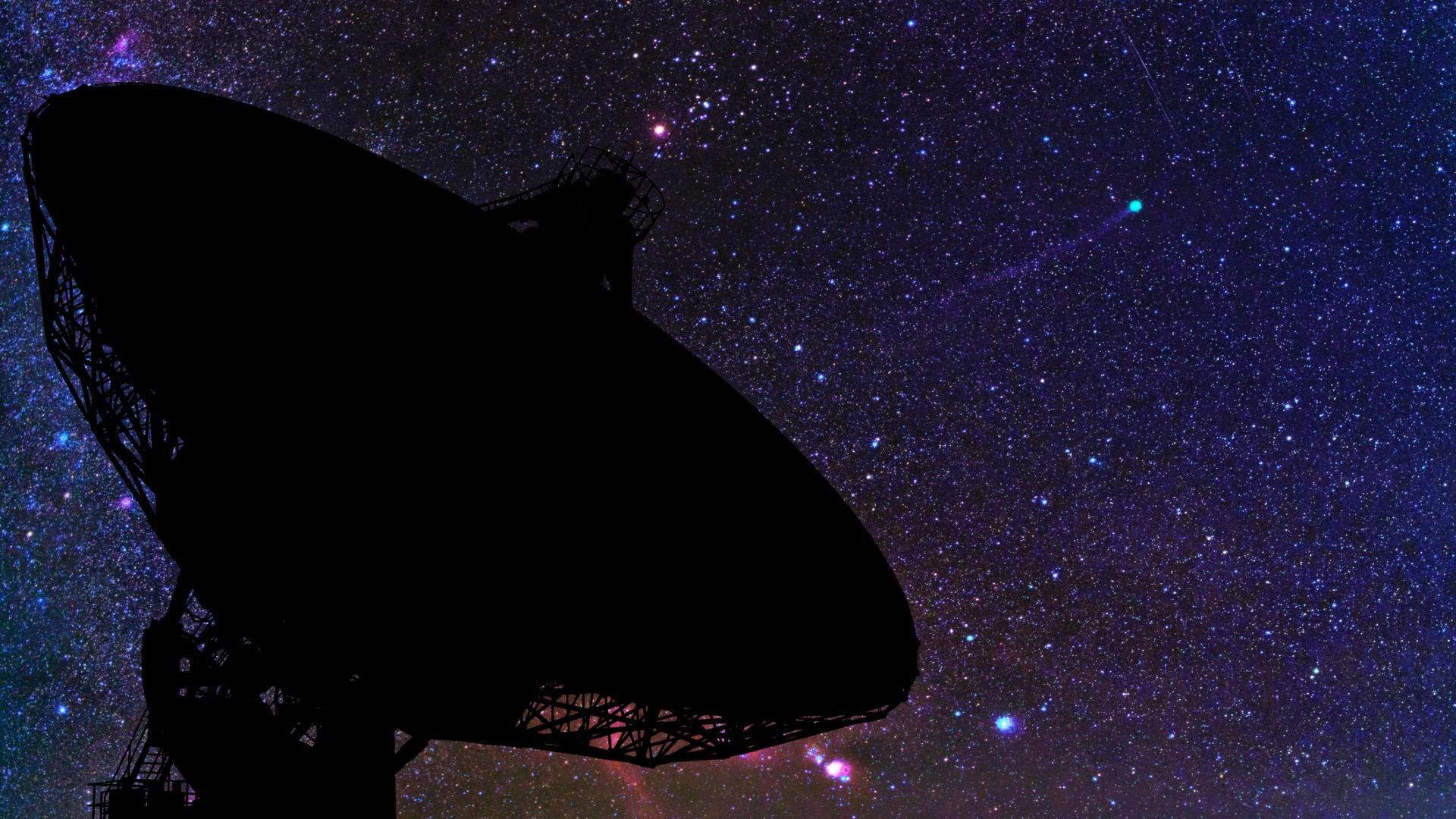
I want to believe — but yet another massive search for alien technosignatures just turned up nothing
By Paul Sutter published
Hunting for alien civilizations isn't a matter of just waiting around for them to show up; it's the business of combing through enormous volumes of data to look for peculiar signals.
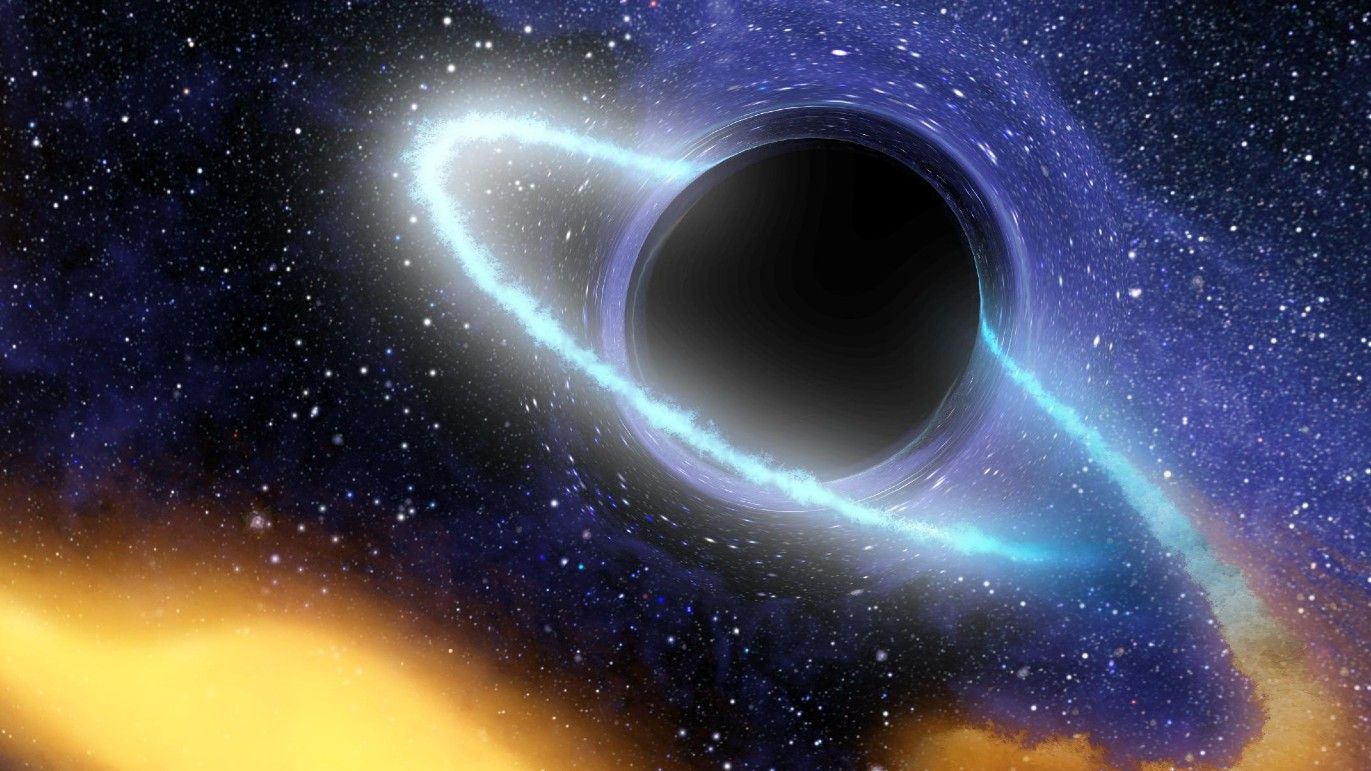
What are boson stars — and what do they have to do with dark matter?
By Paul Sutter published
The skies may be full of invisible "boson stars" that could have a connection to dark matter.

Could we travel to parallel universes?
By Paul Sutter published
If parallel universes exist, can we access them? Let's explore the possibility.
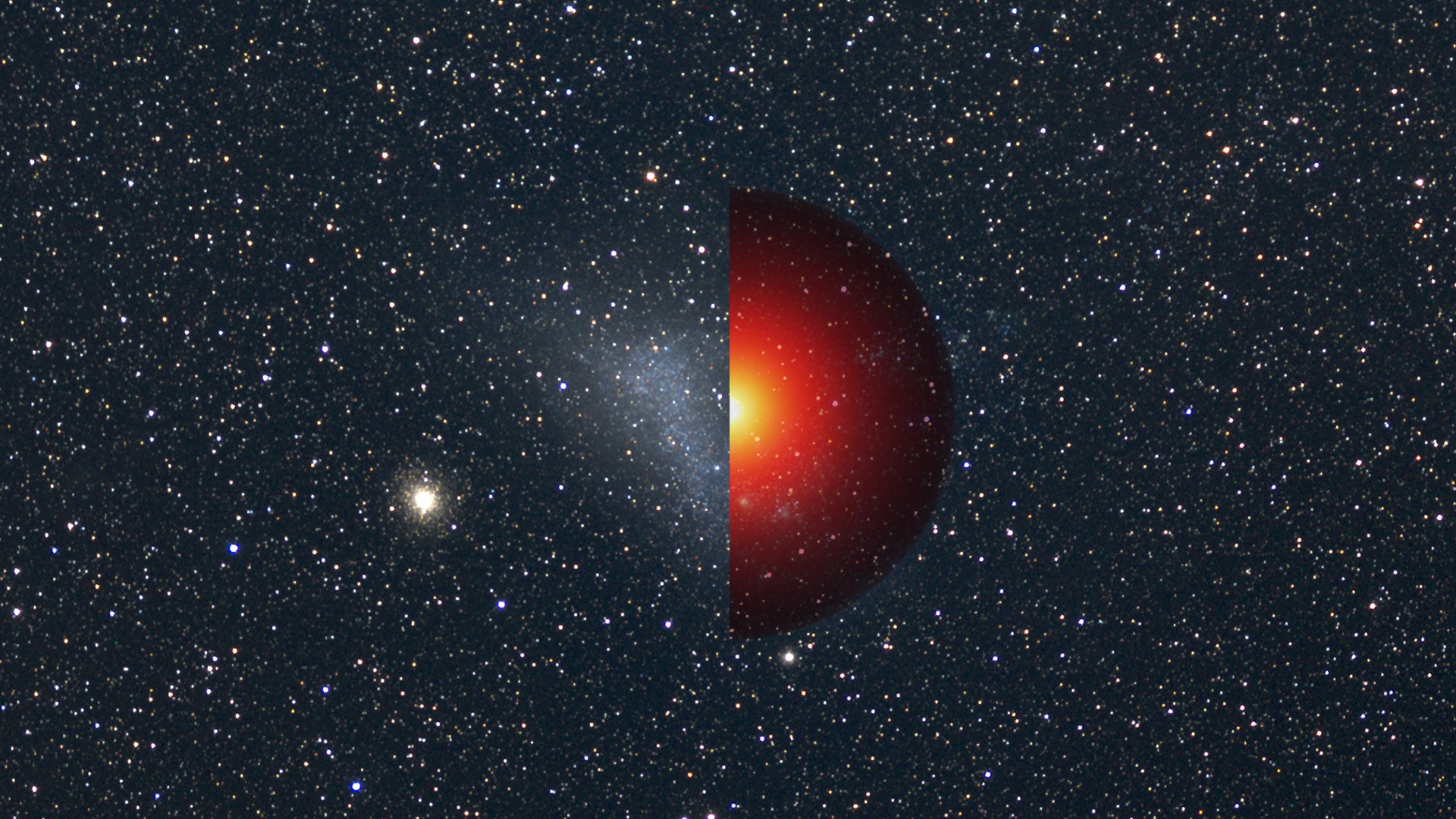
'Heavy' dark matter would rip our understanding of the universe apart, new research suggests
By Paul Sutter published
Dark matter can't be too heavy or it might break our best model of the universe, new research suggests.
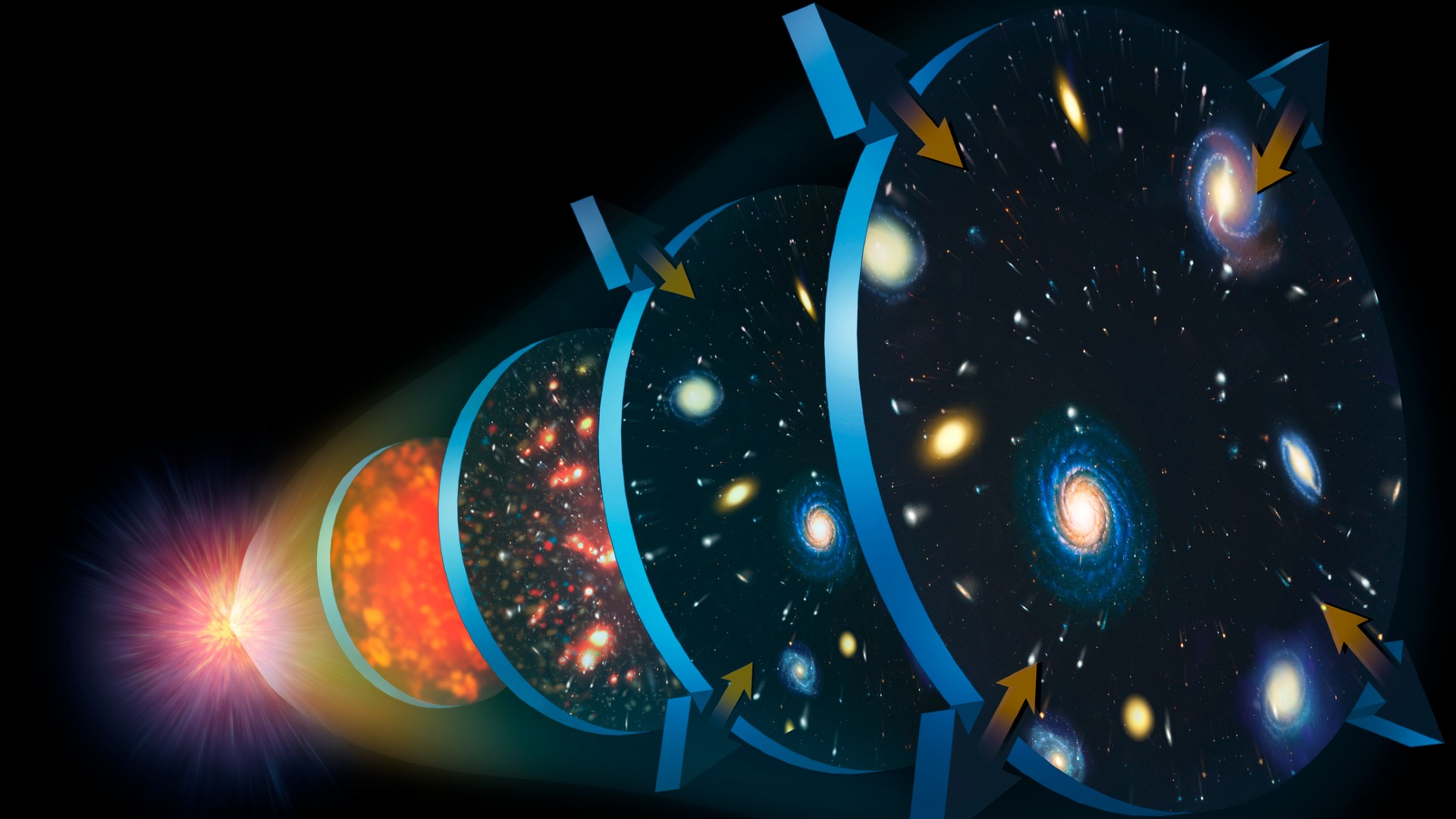
How 'quantum foam' may have inflated the early universe
By Paul Sutter published
For decades, scientists assumed that the expansion of the universe was powered by a new entity, known as the inflaton, but new research suggests that it may have been possible without it.
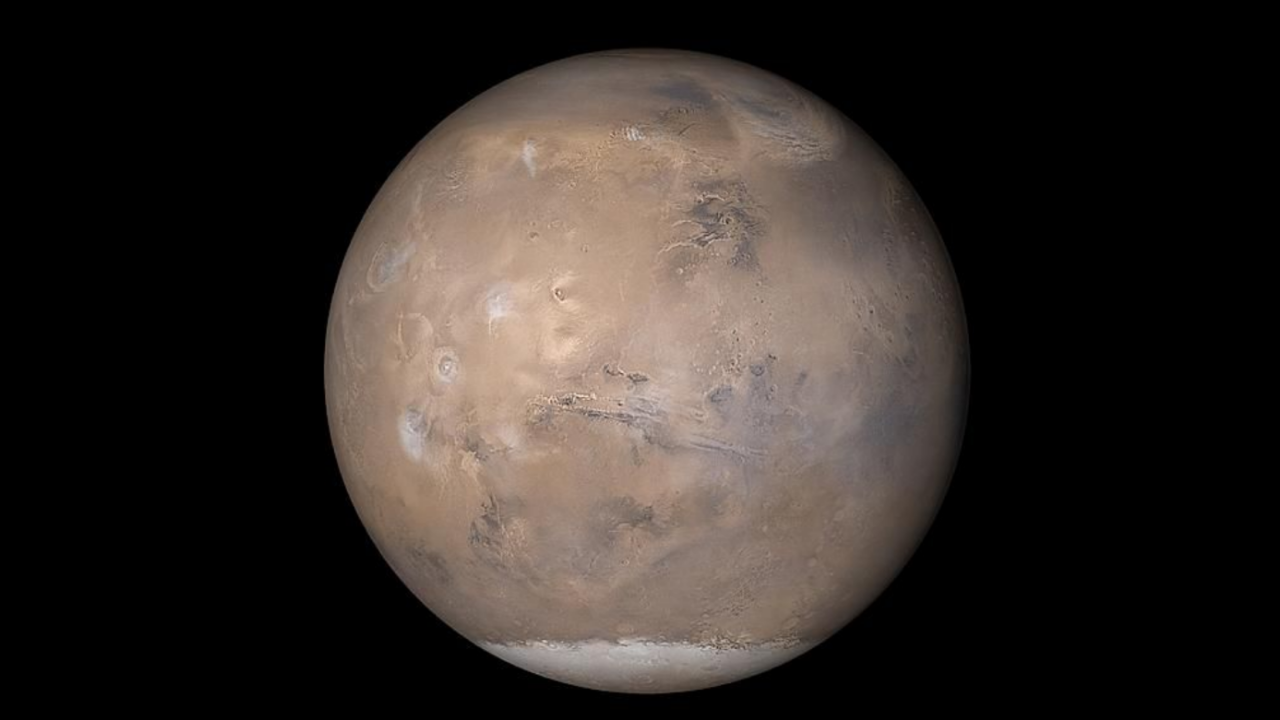
We finally know where to look for life on Mars
By Paul Sutter published
Ever since the discovery of methane on Mars, scientists have wondered if the Red Planet might harbor life. Now, researchers know where to look: deep under the surface of a broad Martian plain.

New flexible 'metamaterial' inspired by nature could help us build shapeshifting space habitats and telescopes
By Paul Sutter published
Researchers have designed a flexible material that could pave the way for the development of adaptable space structures.
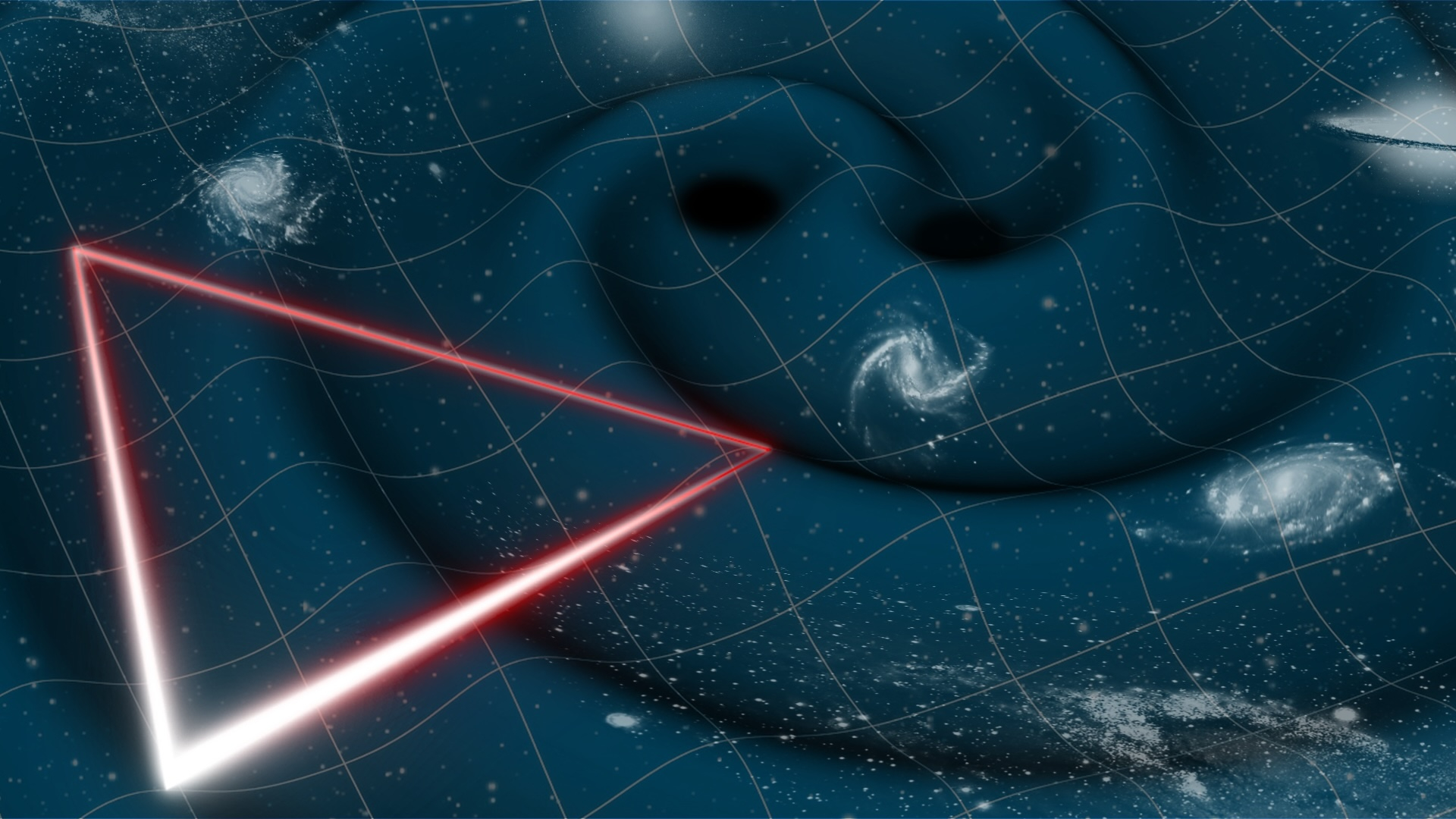
Black hole paradox that stumped Stephen Hawking may have a solution, new paper claims
By Paul Sutter published
As black holes slowly vanish through Hawking radiation, their information may be preserved in subtle space-time ripples, a new theory suggests.

These 5 particles are so strange, we're not sure they exist
By Paul Sutter published
Scientists theorize there could be subatomic particles we have yet to discover. Here are five of the weirdest, rarest hypothetical particles in the universe.
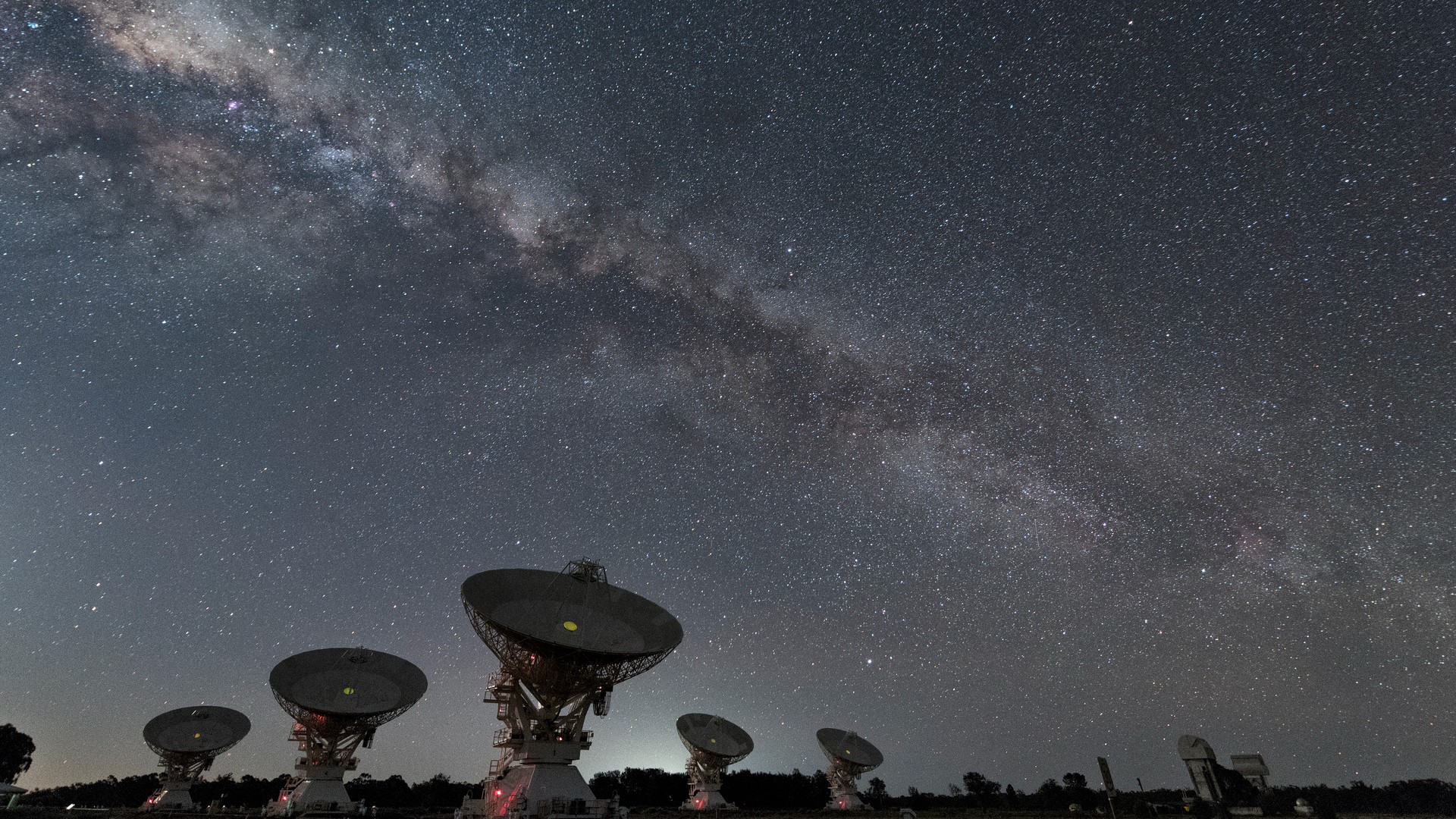
How the 'Great Filter' could explain why we haven't found intelligent aliens
By Paul Sutter published
One possible reason why we haven't found any intelligent life in the cosmos the Great Filter argument, which says that very few civilizations make it to the advanced spacefaring stage.
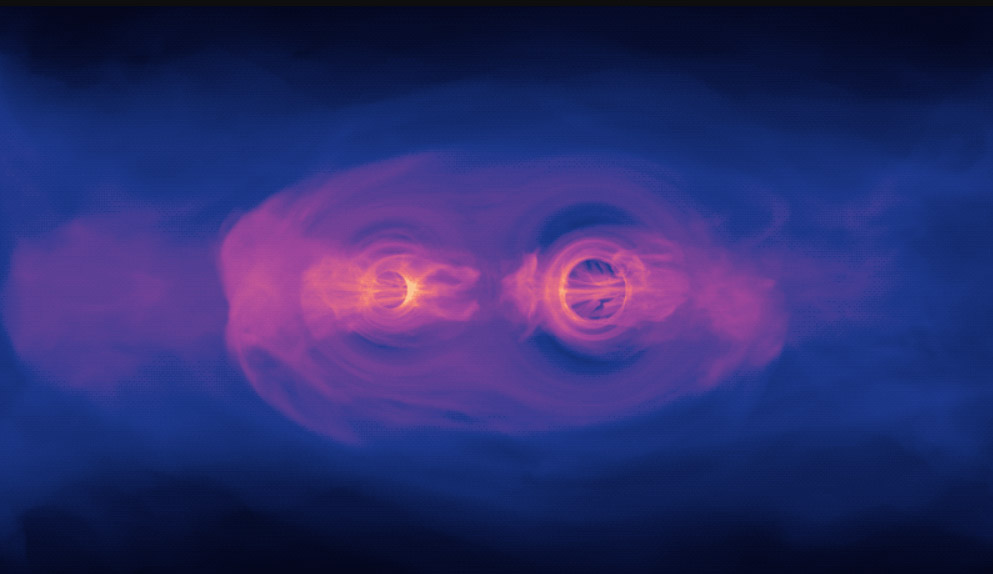
'Impossible' black holes discovered by the James Webb Space Telescope may finally have an explanation
By Paul Sutter published
Peculiar James Webb Space Telescope observations seem to show gargantuan black holes in the earliest moments of the universe. New research may explain how they formed, thanks to primordial "seeds".
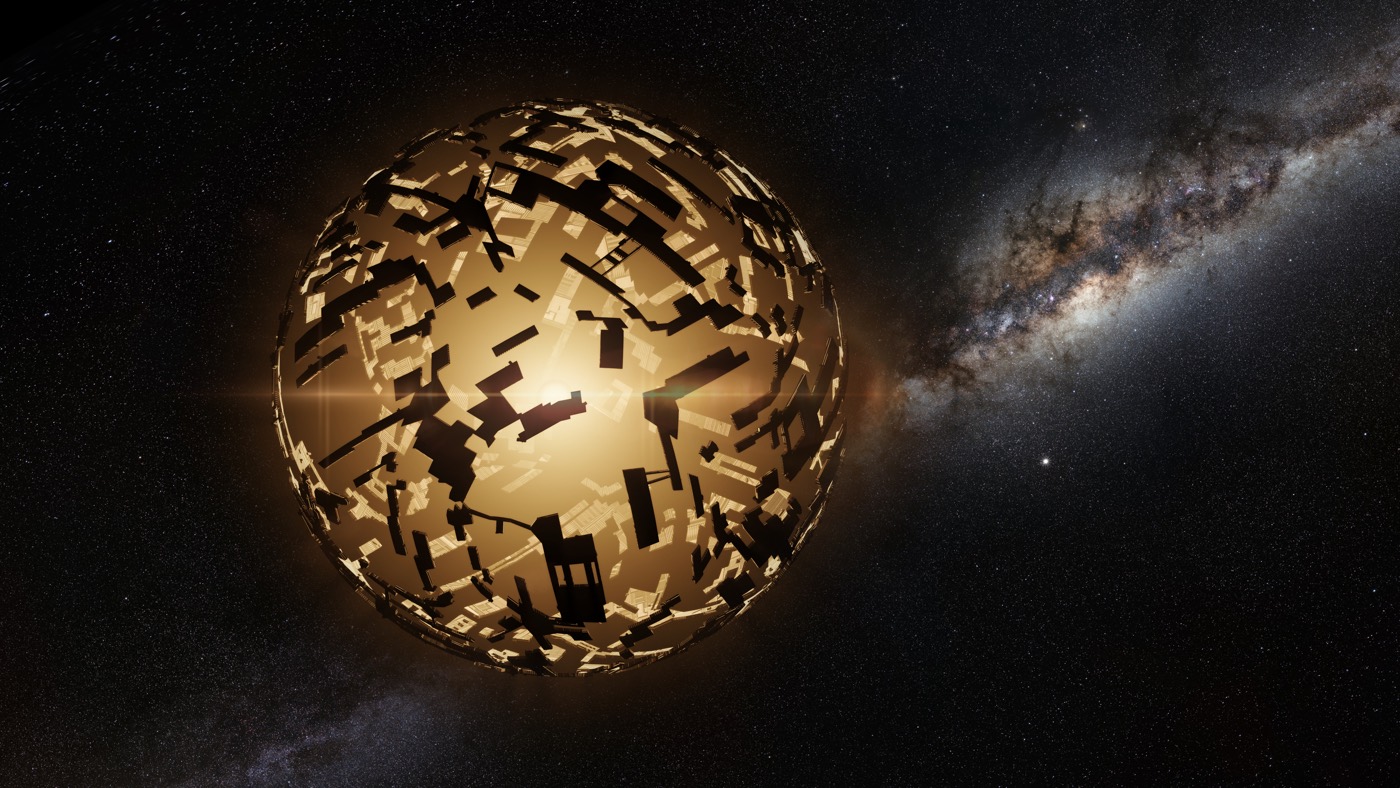
The fastest-moving stars in the galaxy may be piloted by intelligent aliens, new paper suggests
By Paul Sutter published
To explore the galaxy and hunt for resources, intelligent aliens might need to turn their home stars into natural spaceships, a new paper suggests. A few known star systems might fit the bill.
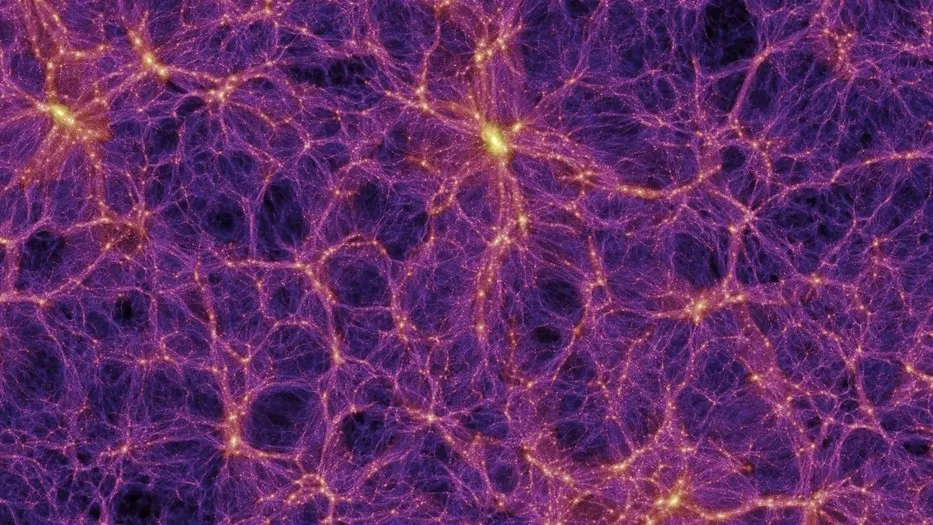
'Superhighways' connecting the cosmic web could unlock secrets about dark matter
By Paul Sutter published
Giant filaments crisscross the universe, connecting galaxy clusters like superhighways between cities. But due to their complex shapes, they are stubbornly difficult to measure.
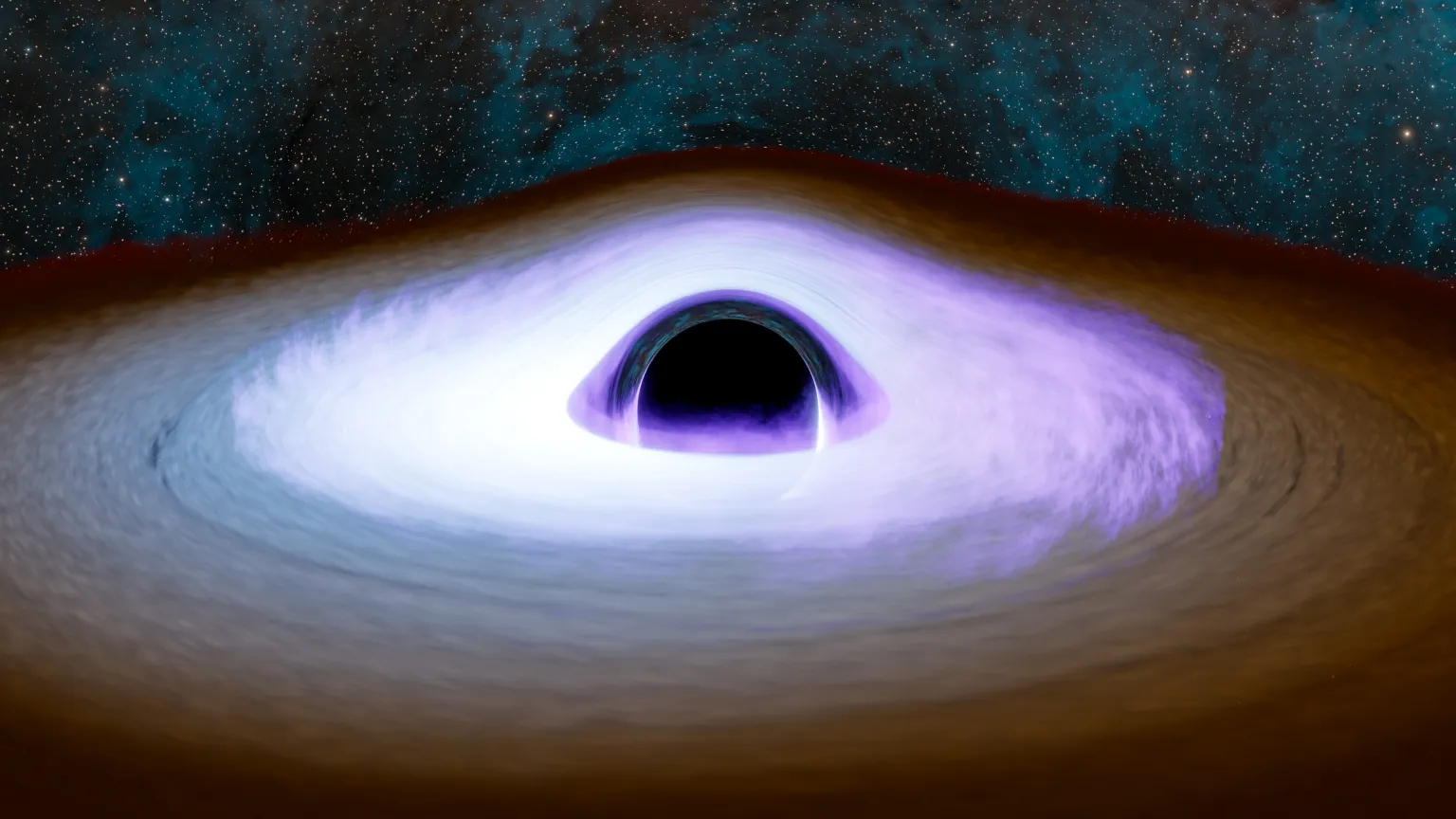
Dark matter might make space-time ring like a bell around black holes — and we might be able to 'hear' it
By Paul Sutter published
To explain why dark matter particles haven't come up in any direct detection experiments, physicists have wondered if it may be a kind of particle known as an axion.
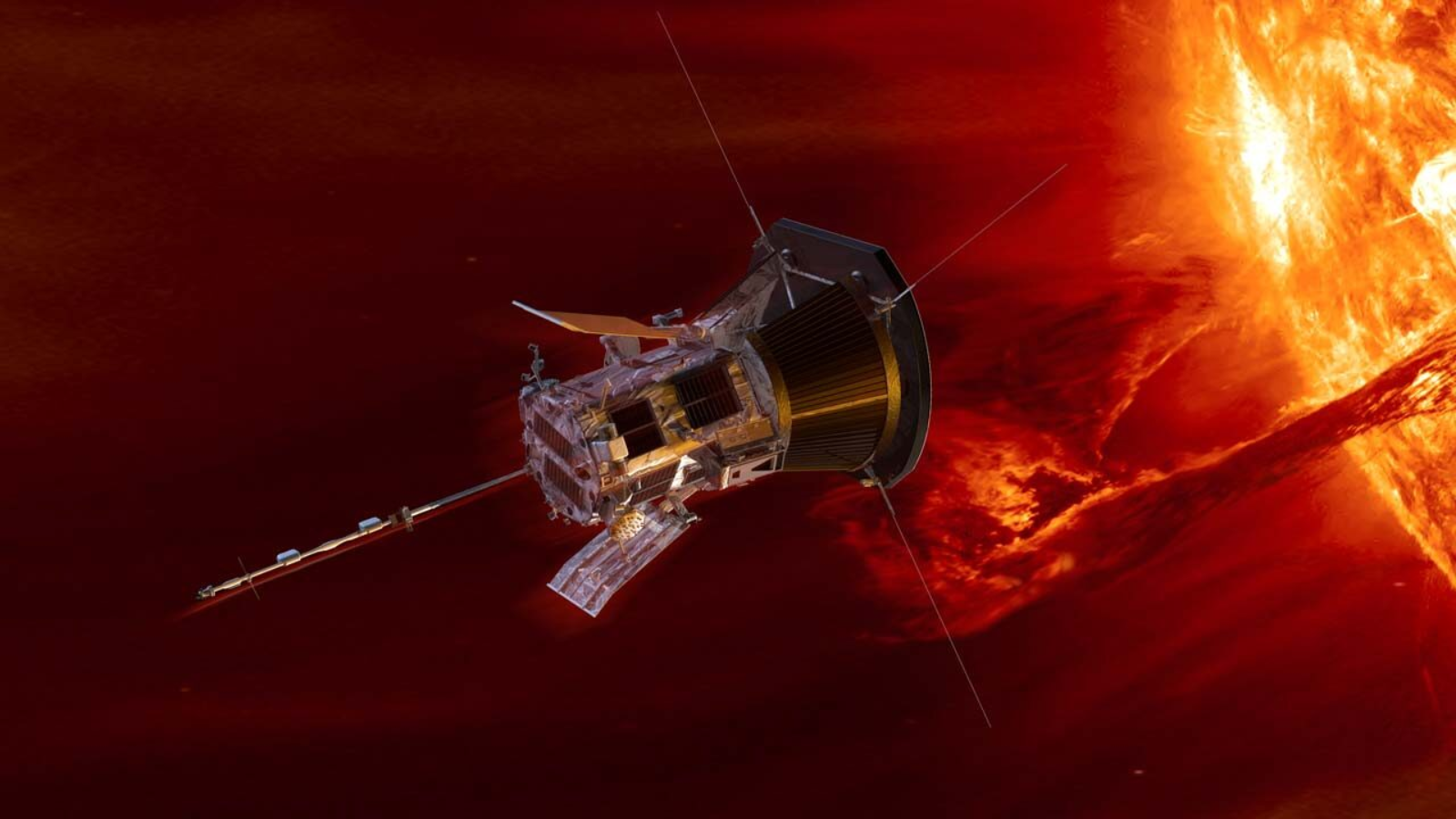
NASA's Parker Solar Probe is solving long-standing mysteries about the sun. Here's what we've learned so far.
By Paul Sutter published
The goal of the Parker Solar Probe mission is to investigate the mysteries of the sun's corona, its outer atmosphere. What has it learned so far?
Get the Space.com Newsletter
Breaking space news, the latest updates on rocket launches, skywatching events and more!
